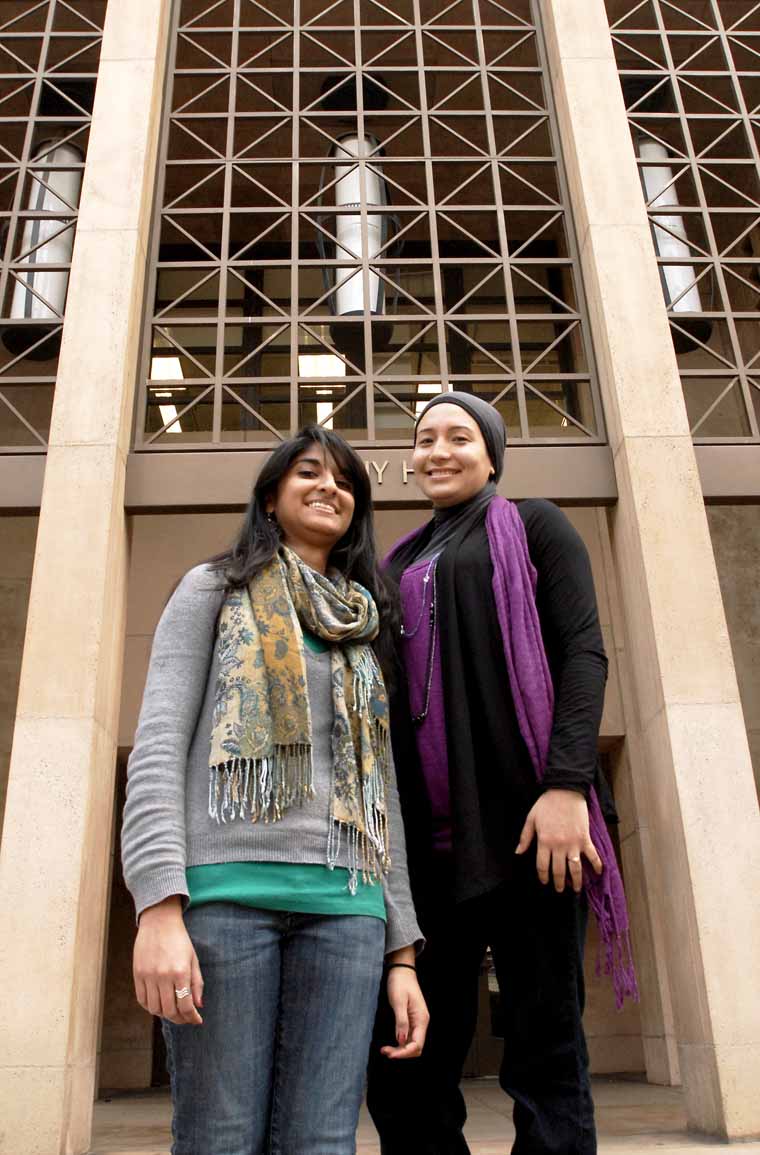The UCLA Student Fee Advisory Committee will be holding office hours for the first time this quarter, allowing students to give their input on the allocation of registration fees to campus services and on which services they find most useful.
“The Student Fee Advisory Committee is officially the voice of the students to the chancellor, primarily on registration fees and miscellaneous fees ““ fees at Ashe or Wooden ““ or random fees that come up through the year,” said Laila Fahimuddin, chair of the committee and a fourth year UCLA student.
Every quarter, students pay a registration fee that comprises most of the money the committee allocates. The amount of money UCLA receives from the fees is based on the number of students who enroll each year, and it is allocated to different student services, which have to apply for the funding, Fahimuddin said.
Some of the campus services that benefit from the funding given by the committee include the Bruin Resource Center, the Day Care Center, the Student Activities Center and the Career Center, said Yannina Casillas, vice chair of the committee.
Registration fees have not been hit by the budget cuts just yet, Fahimuddin said. However, the amount of money available for student services is not enough to cover their decreasing funding from other sources. Members are concerned with the decreasing quality of services as some employees are given fewer hours due to the budget crisis.
“This is not a growing period in the budget; it’s a period of maintaining the quality of services with whatever resources we have available to us,” Fahimuddin said.
Members of the committee do a comprehensive review of applications received from student services that apply for funding.
The members look at how much funding each unit on campus needs and what resources will be provided with the funding that is allocated. The committee monitors fees and how these services impact the students who pay for them.
The committee also tries to ensure that students don’t pay divisional fees such as high textbook costs that may be burdensome to them due to the fee increase. It can also advise the Undergraduate Students Association Council on such matters, said Cinthia Flores, USAC president.
This enables members to voice student concerns over fee increases to the administration so school officials can consider changing fees, Fahimuddin said.
The fee committee is comprised of undergraduate and graduate students who attend weekly meetings and work closely with a subcommittee that focuses on different campus issues.
Members of the committee are appointed by USAC and all their decisions are reviewed by the chancellor. The committee also has advisers from student affairs who guide them through their work.
With students on the committee, it is able to represent the regular student perspective, Flores said.
The Student Fee Advisory Committee is also reworking its Web site so that students can access information on where their money is going, Casillas said.
